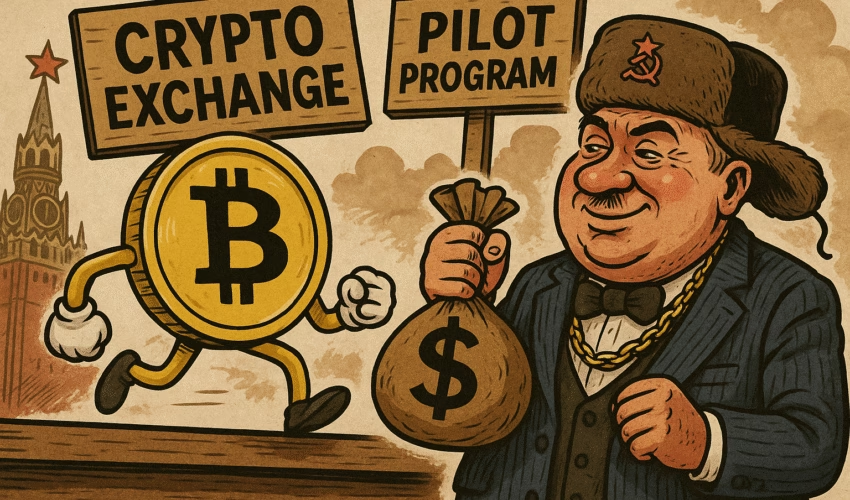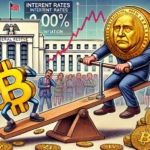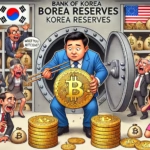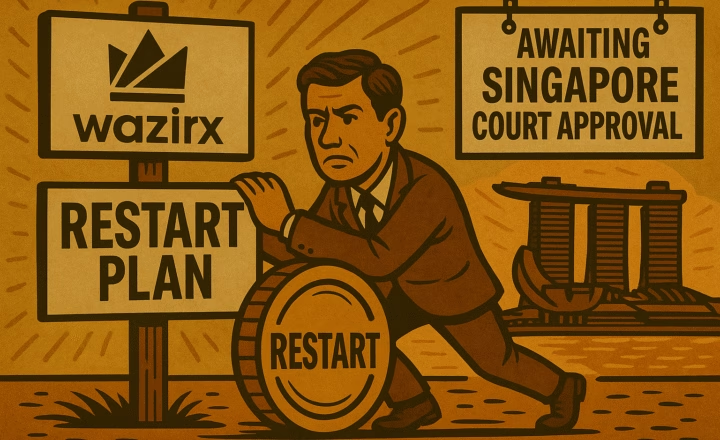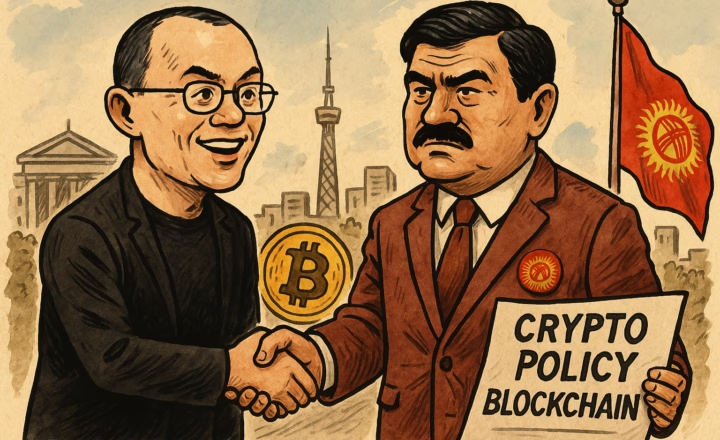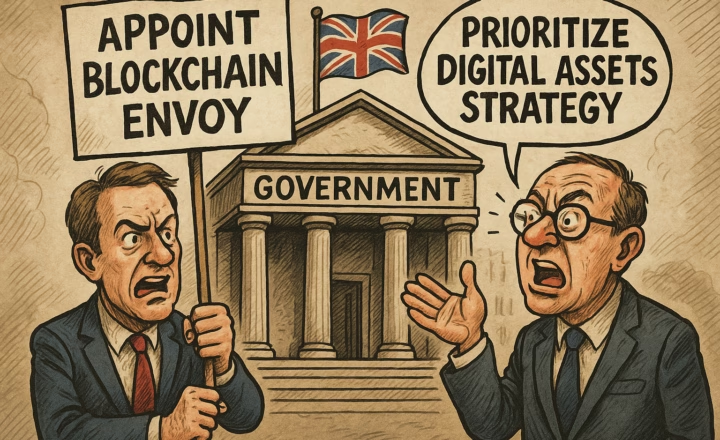Finance Ministry and Central Bank Aim to Legalize Crypto Operations for “Super-Qualified” Participants
Russia’s Ministry of Finance and the Central Bank of Russia are preparing to jointly launch a regulated cryptocurrency exchange, specifically targeting a class of wealthy individuals designated as “super-qualified investors”, according to local media reports on April 23.
The initiative will be part of a three-year experimental legal regime, allowing a controlled group of investors to legally buy and sell crypto assets, including Bitcoin (BTC), in a move intended to bring digital asset trading “out of the shadows,” Finance Minister Anton Siluanov said during a ministry meeting.
“Together with the central bank, we will launch a crypto exchange for super-qualified investors,” Siluanov stated.
“Crypto assets will be legalized, and crypto operations will be brought out of the shadows.”
He emphasized that this trading activity will not be conducted on domestic markets, but exclusively under the experimental regime, possibly through offshore or regulated international platforms.
Who Qualifies as a “Super-Qualified Investor”?
The Central Bank of Russia originally outlined the proposal on March 12, suggesting the formation of a new investor category eligible for participation. The proposed criteria include:
-
Net assets of over 100 million rubles (approx. $1.2 million)
-
Or annual income of at least 50 million rubles (approx. $602,000)
However, officials say these thresholds are not yet finalized.
“The criteria are still under discussion,” said Osman Kabaloev, deputy director of the Finance Ministry’s financial policy department, speaking to RBC.
“These were early concepts introduced last year and are subject to revision.”
A Shift in Russia’s Crypto Stance?
If implemented, the move would represent a significant shift in Russia’s digital asset policy, which has historically been restrictive and fragmented. While crypto mining is widespread in Russia, the government has largely banned domestic crypto trading and payments under the 2020 digital assets law.
However, amid ongoing geopolitical tensions and financial sanctions, Russian authorities have begun to explore alternative frameworks that allow crypto innovation while keeping the sector under tight control.
By focusing on an elite investor class, Russia’s central bank may be aiming to test and regulate crypto without exposing the broader retail population to potential volatility or capital flight.
Final Thoughts: Cautious Legalization, Elite Access
Russia’s proposed crypto exchange for “super-qualified investors” signals a tentative but meaningful step toward legalization of digital asset markets in the country. While still in early stages, the program could serve as a regulatory sandbox for crypto under strict conditions.
For now, access will be limited to the ultra-wealthy, but if successful, the model could lay the groundwork for broader adoption and regulation in Russia’s evolving financial landscape. As the world watches how Russia balances innovation with control, the outcome of this pilot could influence crypto policy far beyond its borders.

